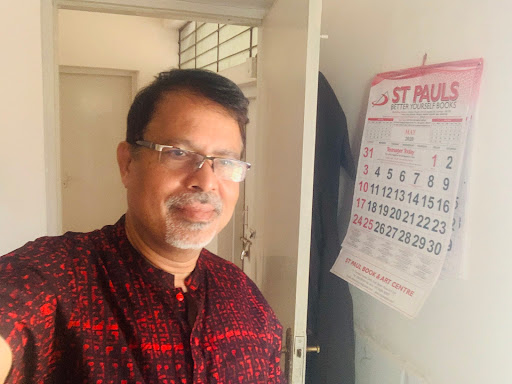He said that the friars' relationship to manual work is inevitably connected with the evolution to which the family of Minors was subject, in the course of its gradual growth into a structure religious Order with many members.
The Journey begins: a clear choice of field. the first brothers who came to Francis were an unexpected gift for him, one that he had not sought. But the gift brought with it new and substantial organizational problem. one of the most urgent for a group of people was the problem of food. the brothers had to live. they determined to support themselves by working with their own hands, practicing whatever trade they had learned before joining the ranks of Pietro Bernardone's son.
But what is certain is that the brothers, immediately after the death of St. Francis, did also take up work in public institutions, in far from marginal roles.
Therefore, in order to eat, they had recourse to any work that happened to turn up on a particular occasion. otherwise they would be forced to go seeking alms much more frequently than the others.
So the brothers worked, at least those who could exercise their profession without problems.
A gradual growth in self-awareness: by the concept ow work itself, understood mainly as a remedy for idleness. The patristic sources all have a monastic stamp to them.
Itinerancy and stability in work: employers, finding the brothers to be serious minded and dependable, some cases professionally trained men who did not set great store by the size of their salary, tended to assign posts of responsibility to them, especially in administration. The friars, sharing their experiences on the occasion of their annual chapters, realized that all of this posed a risk to minority, in other words, to their deepest identity. hence the categorical prohibition against accepting any office that might cause scandal or bring harm to their souls. anyone who worked in a house had to ensure a certain stability
A rapid change: In the frist few years the friars had no particular tasks: all were invited to work, especially those who know a trade, and all could exhort people to conversion. By the end of 1220 the brothers made distinctions among themselves according to their offices, which also determined their life of minority.
Paul, in fact spoke of a vocation or calling, and about various states of life: the text of rule speaks of skills and occupations suitable for one who is called by God, through which he will have to live in the new condition imposed by radical discipleship in the footsetps of the poor and pilgrim christ.
Let them not extinguish the spirit of holy prayer and devotion: Work continued on the legislative framework, with a view to obtaining definitive papal approval. The letter to a minister give eloquent testimony to the unceasing work. work now appears with a function, first of all to keep idleness at bay, yet in such a way as not to quench the spirit of holy prayer and devotion, and could be paid for with all that is necessary for the body, excepting coin or money.
The Testament, Francis' final struggle: In the last weeks of his life, Francis conceived and dictated his testament, perhaps with many stops and starts and additions. we must keep all this in mind when reading the clearest expressions he reserves for his descriptions of manual work: I worked with my hands and i still desire to work; and i earnestly desire all brothers to give themselves to honest work. Let those who do not know how to work learn, not from a desire to receive wages, but for example and to avoid idleness. and when we are not paid for our, let us have recourse to the table of the lord, begging alms from door to door..
we must keep in mind that by the firs half of the 1220 the lesser brothers had become more and more involved in pastoral work.
The lesson of History: The anxieties harbored in the hearts of the friars, and of Francis himself finally spilled over into the texts, testifying eloquently to the difficult yet fruitful work of drafting texts that were linked together. What clearly emerges from such a process is the fact the brothers together understood, by meeting and often arguing with each other, the fundamental choices of their life, and together took cognizance of the differing situations, studying the most appropriate solutions in the place provided for just that purpose.
In fact, true fidelity does not consist in perpetuating a number of external forms of the life of the first friars, but in staying faithful to their fundamental insights, in other words, to minority and brotherhood.

No comments:
Post a Comment